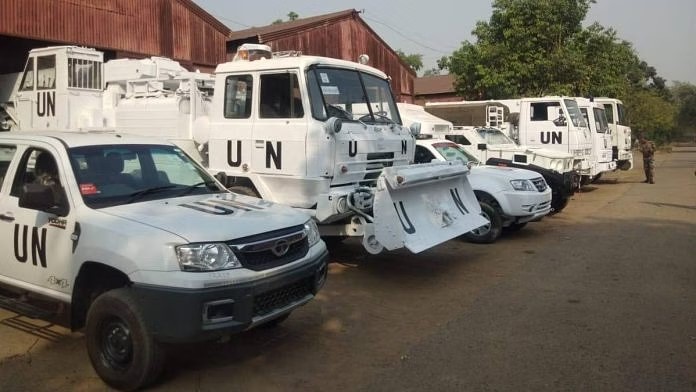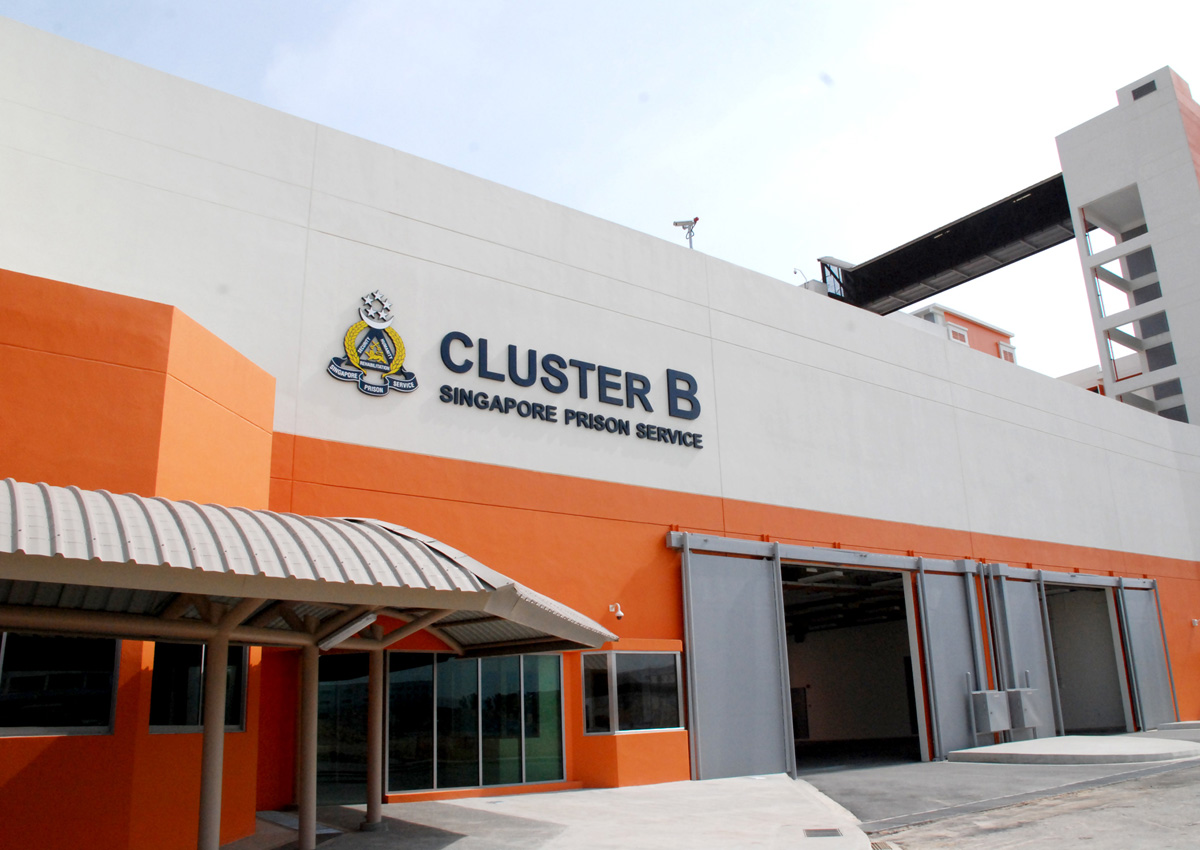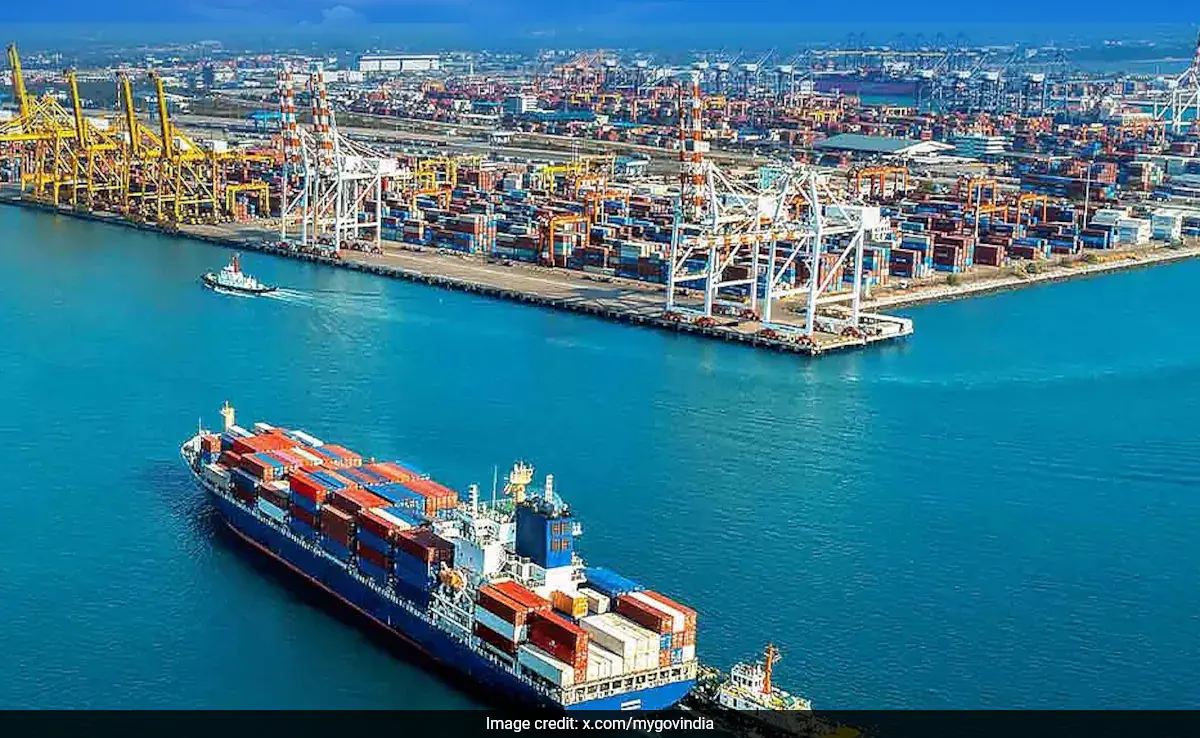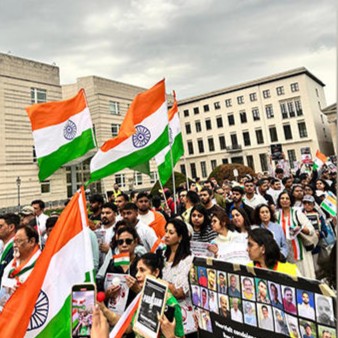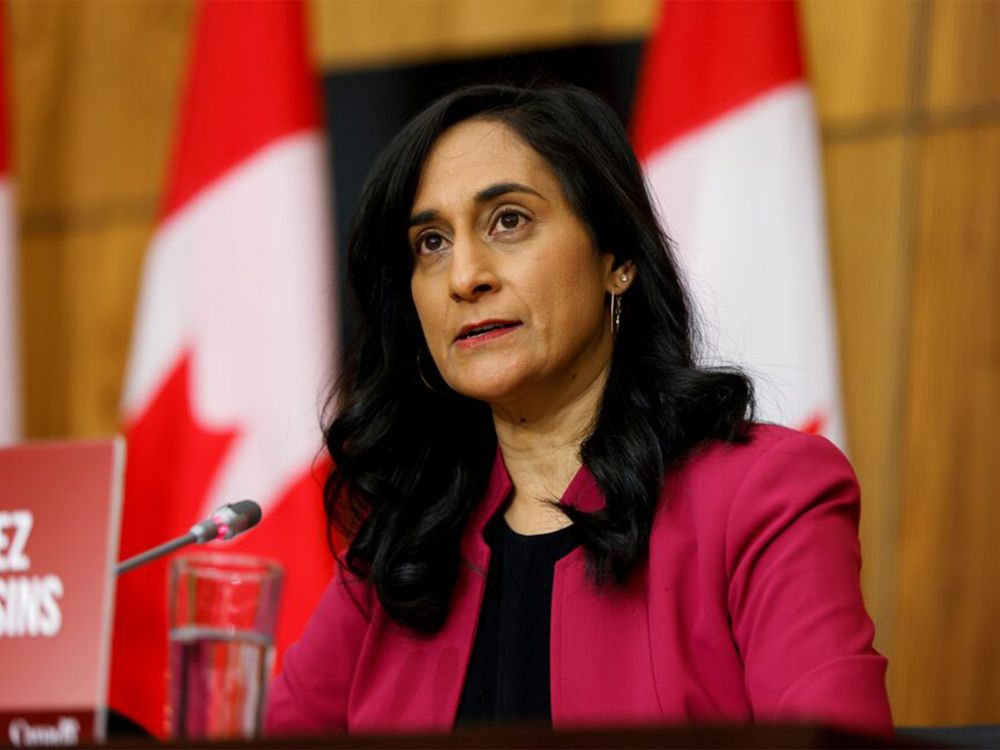Our Bureau
New Delhi
For the first time, Indian troops stationed in Lebanon as part of the United Nations Interim Force in Lebanon (UNIFIL) will utilize indigenous vehicles, marking a significant advancement in India’s defense manufacturing capabilities. A total of 62 Tata-manufactured vehicles, including troop carriers, utility vehicles, ambulances, and recovery vehicles, are set to enhance the operational efficiency of the Indian contingent.
Historically, Indian forces in UNIFIL relied on vehicles provided by the United Nations, which were sourced from various countries. This transition to domestically produced vehicles is a pivotal step toward achieving self-reliance in defense, aligning with the Indian government’s “Make in India” initiative. The new fleet includes high mobility troop carriers and utility vehicles designed to meet the specific operational needs of Indian peacekeepers.
The introduction of these vehicles represents a significant shift from a “dry lease” model—where personnel were sent by India while equipment was supplied by the UN—to a “wet lease” model. Under this new arrangement, the UN will not only pay for personnel but also for the equipment brought by Indian troops, further promoting indigenous capabilities.
This development underscores India’s commitment to enhancing its defense infrastructure while supporting domestic manufacturers. The vehicles are expected to improve not only the mobility and operational readiness of Indian troops but also their overall effectiveness in peacekeeping missions.
India has been a key contributor to UNIFIL since its establishment in 1978, with its mandate evolving over the years to include monitoring hostilities and supporting humanitarian efforts. As of August 2024, India had approximately 897 personnel deployed in Lebanon, making it one of the largest contributors to the mission.
The deployment of indigenous vehicles enhances India’s leadership role in global peacekeeping efforts and showcases its growing defense manufacturing capabilities on an international stage. By utilizing homegrown platforms, India demonstrates its commitment to self-reliance while promoting advanced technologies developed by local manufacturers.
The induction of these Tata-manufactured vehicles is not only a logistical improvement but also a strategic move that reinforces India’s position as a responsible contributor to international peace and security. As these vehicles are set to arrive just ahead of Army Day on January 15, 2025, they symbolize a new era for Indian peacekeepers in Lebanon.
















